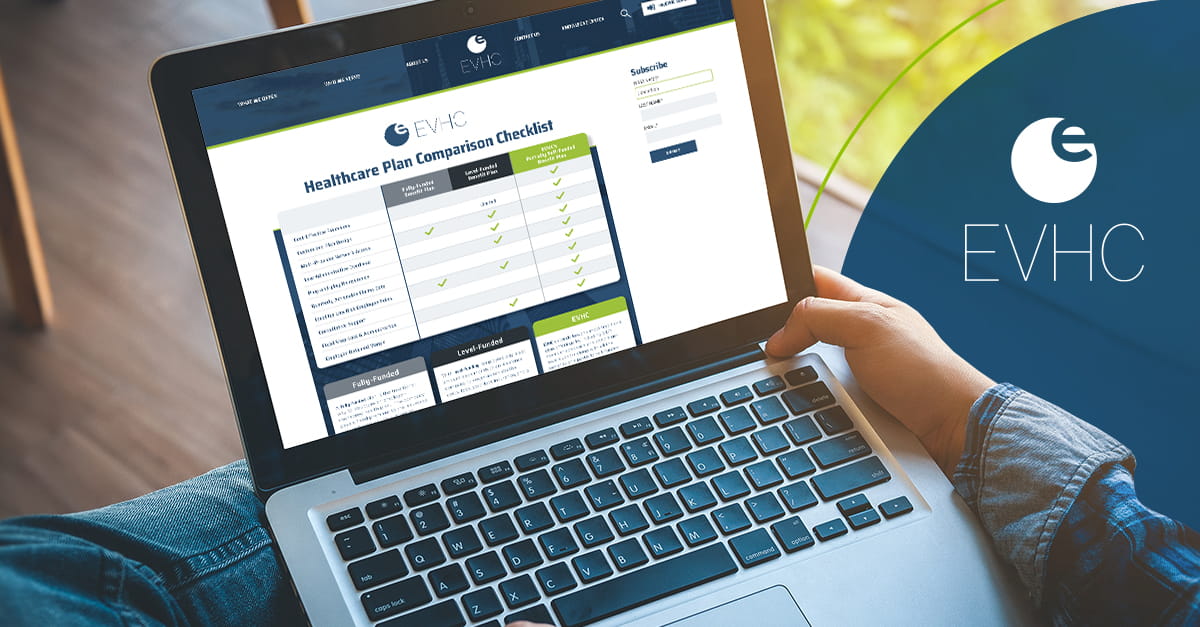
The past couple of years have been challenging for everyone, especially adolescents. A recent report from the Centers for Disease Control and Prevention (CDC) found that students who reported adverse experiences during the COVID-19 pandemic were twice as likely to experience poor mental health and six times more likely to report suicidal behaviors.
Excessive use of social media is also leading to troubling signs of depression and mental and behavioral health issues in younger people. For example, a 2018 survey of 8th graders discovered that kids who spent 10 hours or more a week on social media were 56% more likely to feel unhappy than those who spent less time on social channels.
Findings like these are part of the reason why experts are advocating that mental health screenings become a routine part of wellness checks for children ages 8 to eighteen.
But kids, just like their parents, are busy. Between school, after-school activities, homework, and more, it can be difficult for parents and their children to make the time necessary to attend even a simple doctor’s appointment, let alone visit a therapist.
Even when they can secure an appointment, it’s not necessarily easy for adolescents to accept the fact that they are going to see a therapist. There’s still an unfortunate stigma attached to mental health challenges, particularly when children are involved. Kids might be embarrassed or reticent to talk about themselves or their feelings, especially in the presence of an adult.
These are some of the reasons telehealth services are so important. Also known as virtual health, telehealth services allow adolescents to connect with therapists easily and securely from the comfort of their homes, without having to physically walk into a doctor’s office. And they can schedule appointments when it’s convenient for them so that it doesn’t interfere with school, practices, or social activities.
Recent studies indicate that telemedicine is just as effective as in-person treatment. Indeed, several findings show no noticeable difference between the effectiveness of telehealth and traditional care for anxiety, depression, substance use disorder, and post-traumatic stress disorder when it comes to symptom improvement, patient satisfaction, quality of life, and more.
Add in the convenience factor and the ability to share confidential information in a secure manner, and telehealth for mental and behavioral challenges makes perfect sense.
In short, telehealth services make mental and behavioral health treatment more accessible and feasible for many adolescents. They can connect with therapists, psychologists, and other mental health professionals via the devices they use every day and don’t have to worry about relying on a parent to take them to and from appointments. Just log on, click, and have a one-to-one conversation.
While telehealth services already make access to mental and behavioral health professionals exceedingly convenient, new features are making it even easier for kids to work virtual appointments into their busy lives. For example:
Not every health insurance provider offers easy access to telehealth behavioral and mental health services for adolescents, however. In fact, EVHC is one of the only providers to offer a specialized telehealth behavioral health program for children ages 12 and up.
This feature is yet another benefit EVHC offers to employers and their employees. It gives employers a unique offering they can provide to their employees, giving them yet another reason to choose or stay at their place of employment. Employees have access to certified mental and behavioral health professionals who can meet employees’ children in a safe, easy-to-use, and confidential environment.
Want more information about how why companies and patients should choose telehealth for mental and behavioral health? Register today for our upcoming webinar.
BACK TO INSIGHTS

